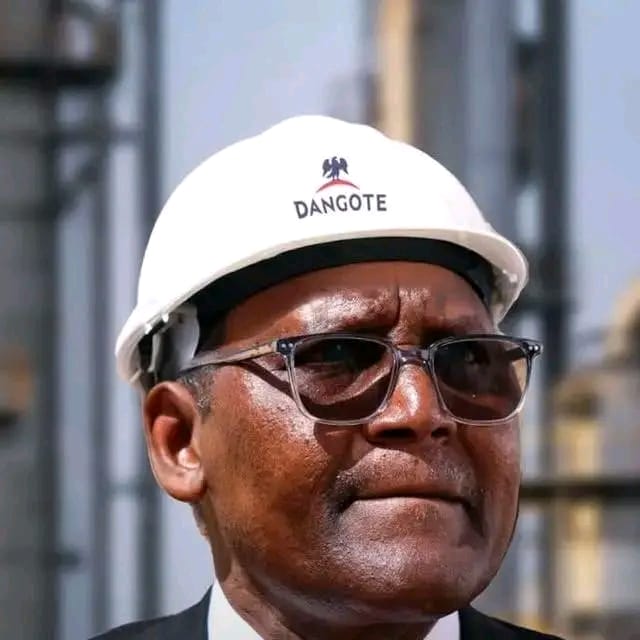National
Why Dangote Refinery Dismissed All Nigerian Workers 24 Hours After Joining PENGASSAN

By Micheal Chukwuebuka
The Dangote Refinery has dismissed all its Nigerian workers less than 24 hours after the majority of them joined the Petroleum and Natural Gas Senior Staff Association of Nigeria (PENGASSAN).
According to an internal memo dated 25 September 2025 and signed by the Chief General Manager of Human Asset Management, Femi Adekunle, the management described the action as part of a “total reorganisation” following alleged incidents of sabotage within several units.
The memo directed affected employees to return all company property and complete exit clearance procedures. The finance department has also been instructed to calculate and pay all outstanding benefits and entitlements in line with the terms of employment.
The mass termination has triggered widespread concern about labour relations and workers’ rights in Nigeria’s oil and gas sector. Observers say the move could be viewed as retaliation against workers for exercising their constitutional right to freedom of association.
PENGASSAN is expected to respond formally, with union leaders hinting at possible industrial action if the matter is not resolved amicably.
The development follows ongoing tensions between the refinery’s management and staff over unionisation. Management had previously expressed reservations about workers joining PENGASSAN, but employees insisted on their right to belong to a trade union of their choice.
Labour analysts have warned that the refinery’s decision could spark nationwide protests, disrupt fuel supply chains, and heighten tensions in the industry if left unaddressed.
Despite thanking the dismissed employees for their contributions, the sudden nature of the decision has left many workers stunned and uncertain about their future.
As the dispute unfolds, all eyes are now on PENGASSAN, the Ministry of Labour, and industry regulators to determine how the crisis will be resolved — and what it could mean for the future of labour relations in Nigeria’s oil and gas sector.













